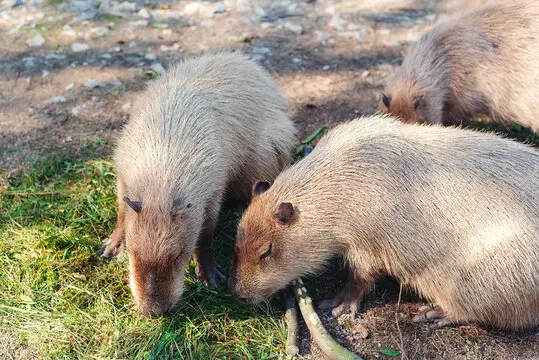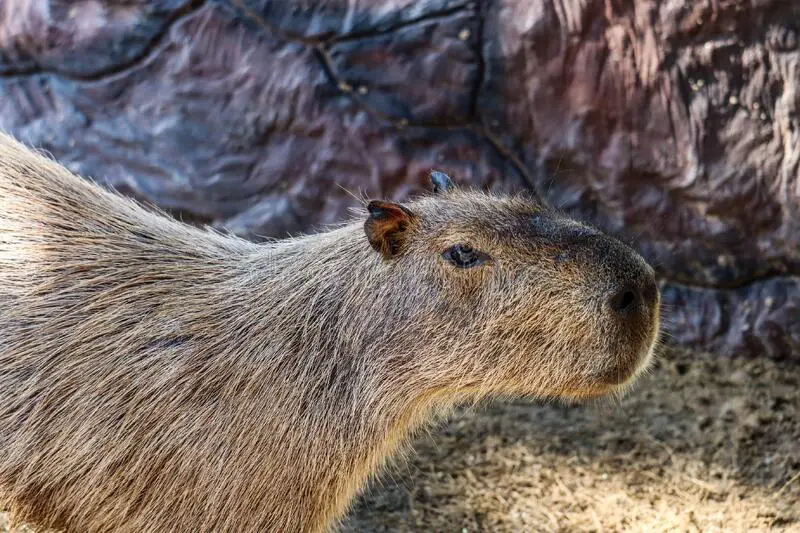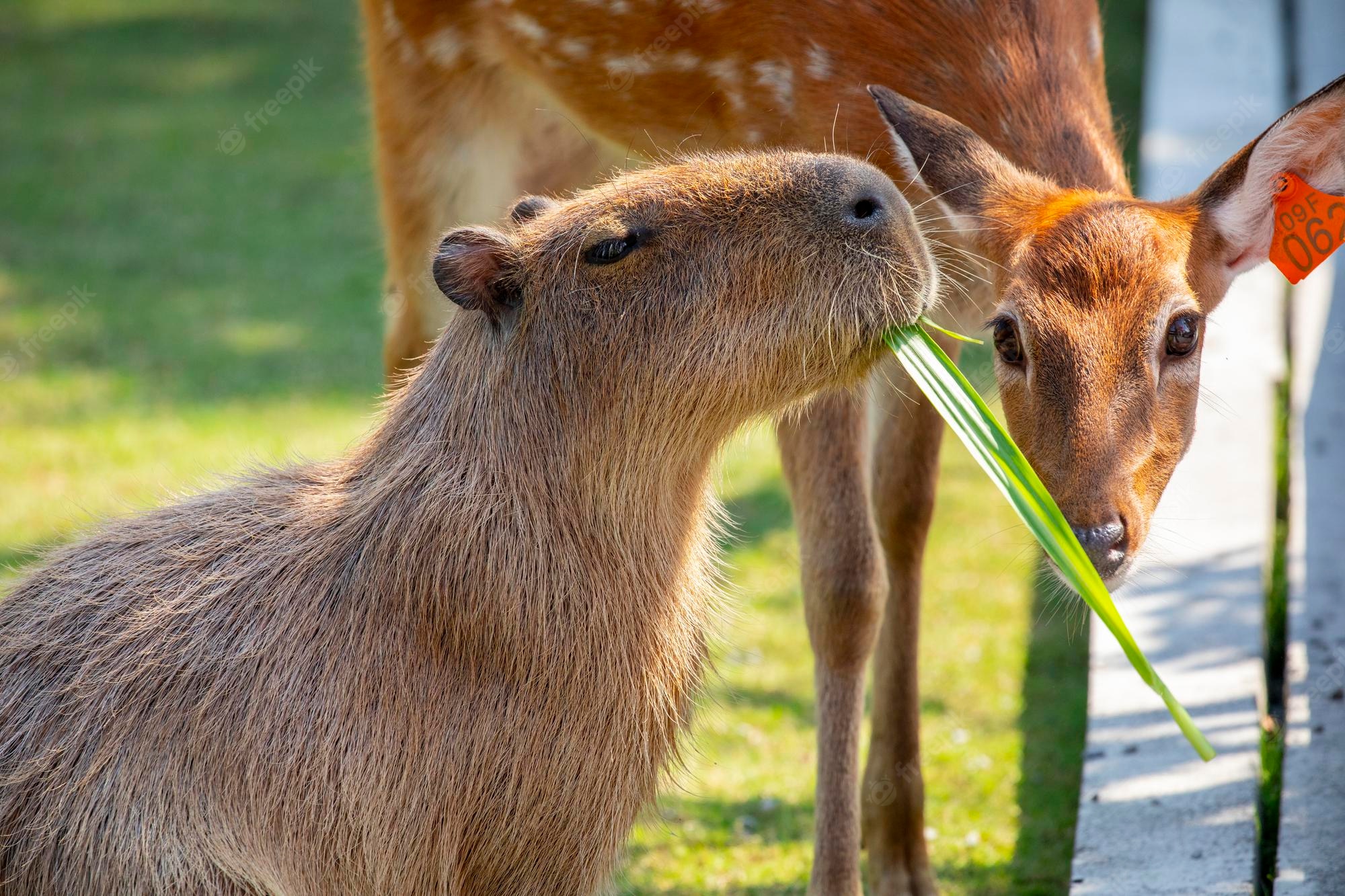Can I own a capybara in New Zealand? This is a question that many animal lovers in New Zealand are asking. Capybaras are large, semi-aquatic rodents that are native to South America and are often kept as exotic pets. They are known for their social behavior, intelligence, and affectionate nature, making them an attractive option for pet owners. However, owning a capybara in New Zealand is not as simple as purchasing one from a pet store. There are strict regulations and laws that must be followed to ensure the safety and well-being of both the animal and the public. In this article, we will explore the requirements for owning a capybara in New Zealand and what you need to know before bringing one into your home.

The first thing to consider when thinking about owning a capybara in New Zealand is the availability of the animals. Capybaras are not native to New Zealand, and importing them into the country requires a permit from the Ministry for Primary Industries. This permit is only granted under specific conditions, such as the animal being bred in captivity, and a veterinarian certificate is provided to confirm the animal’s health. These regulations are put in place to prevent the introduction of exotic diseases that could harm the local ecosystem and wildlife.
Once you have obtained the necessary permit, you will also need to find a suitable place to keep the capybara. Capybaras are semi-aquatic animals that require access to a large body of water to swim and cool off. This means that you will need to provide a large pond or pool for the animal or have access to a nearby river or lake. In addition, capybaras also require a large area for them to roam and forage for food, so you will need to have a spacious outdoor area for them to live in. This could be a fenced-in backyard or a large pen, but it must be secure enough to keep the animal from escaping.

Capybaras are social animals that live in large groups in the wild, so it is recommended to keep them with other capybaras if possible. However, owning more than one capybara can be a significant financial and time commitment, so it is important to carefully consider the resources you have available before bringing more than one animal into your home.
In terms of food and care, capybaras are relatively easy to care for and require a diet that is similar to a domesticated guinea pig. They eat grasses, vegetables, and fruits and should have access to fresh water at all times. They do not require much in the way of veterinary care, but regular check-ups with a veterinarian are recommended to ensure their health and well-being.
It is important to note that owning a capybara in New Zealand is a long-term commitment. Capybaras can live for up to 10 years and require a significant amount of time and attention to care for. This means that you will need to have the resources and dedication to provide for the animal throughout its life.

In conclusion, owning a capybara in New Zealand is not a decision that should be taken lightly. There are strict regulations and requirements that must be met to ensure the safety and well-being of both the animal and the public. Before bringing a capybara into your home, you must carefully consider the resources and commitment you have available and make sure you are prepared to provide for the animal for the long term. If you are ready and willing to meet the challenges of owning a capybara, you will be rewarded with a unique and affectionate pet that will bring joy and companionship to your life.
Additionally, owning a capybara in New Zealand also comes with responsibilities. Capybaras are not native to the country and are considered exotic pets, meaning that they are not protected by the same laws and regulations that govern the ownership of domestic animals. As a result, it is essential to educate yourself about the proper care and welfare of capybaras, and to seek the advice of experts, such as a veterinarian or an animal welfare organization, if you have any questions or concerns.
It is also important to understand that owning a capybara can have an impact on the environment. Capybaras are known to escape from their enclosures and can cause damage to crops, gardens, and other wildlife habitats. This is why it is important to ensure that your capybara’s enclosure is secure and that you take steps to minimize the risk of escape.

Lastly, it is crucial to understand that owning a capybara in New Zealand is not cheap. The cost of purchasing a capybara, obtaining a permit, building a suitable enclosure, and providing food and veterinary care can be substantial. As a result, it is important to have a realistic budget in place before bringing a capybara into your home.





